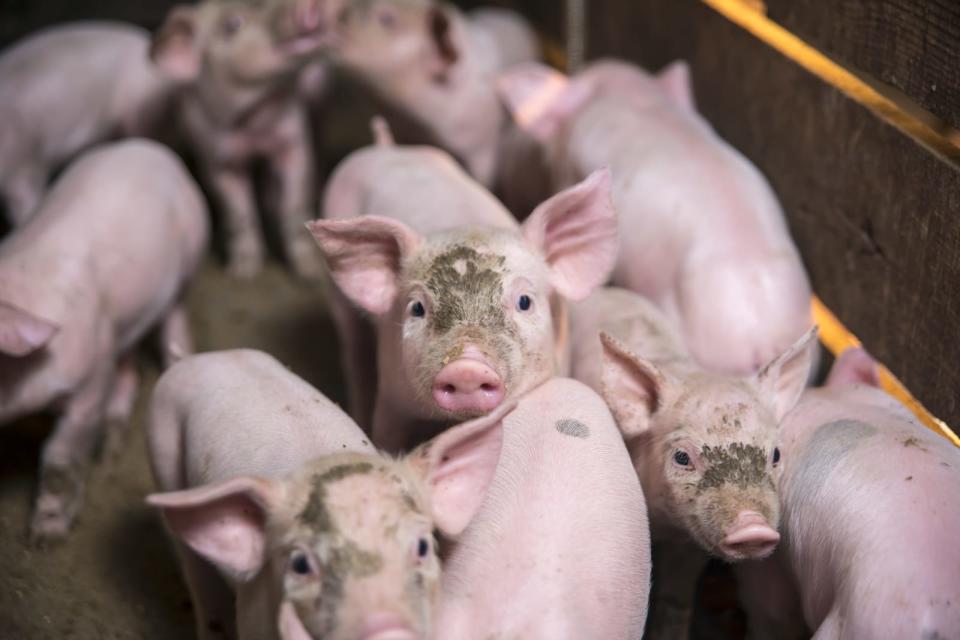Scientists successfully transplant lab-grown lungs into pigs
It's one step closer to true organ replacements for humans.
Lab-grown organ transplants aren't right around the corner, but they may considerably closer than you think. University of Texas Medical Branch researchers have successfully tested bioengineered lungs in adult pigs, with no signs of medical complications. While it's not certain how effective the lungs were at oxygenating the pigs, they developed the sturdy network of blood vessels needed to survive. The challenge, as you might guess, was producing a full structure that the pigs' bodies would accept.
The team accomplished this by creating a lung scaffold from the organ of another animal using both detergent and sugar to wipe out all the cells and blood -- only the proteins were left. After that, they immersed the scaffold in a tank filled with nutrients, and added the pigs' own lung tissue cells using a "carefully designed protocol or recipe." It took 30 days to foster the organs before they were ready for transplants, but they didn't need infusions to keep working.
There's still a while to go before human transplants are an option. In addition to the question of functionality, long-term viability is also a concern. The scientists only tracked the progress of the organs for two months, or just long enough to spot immediate trouble. They'll need more studies to see how the lab-made lungs fare years down the road. Even so, the research group believes it could grow human-ready lungs in the next five to 10 years. That could prove invaluable to hospitals, which could end shortages of viable organs and improve their long-term transplant survival rates.


